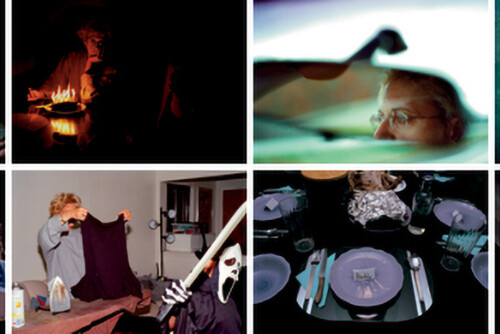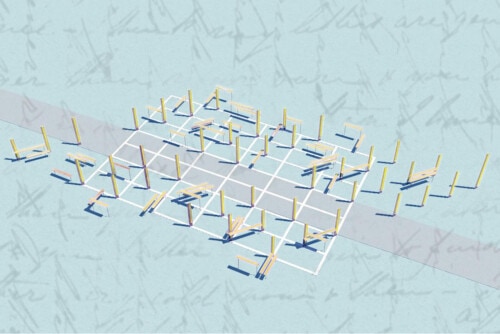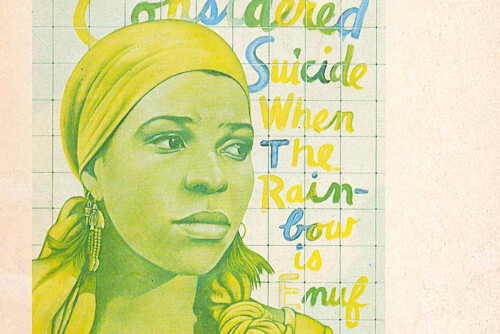Chapter Fourteen: A Practicing Poet
Sojourner is the name of the poet who visits us at Families Together, and she’s there the next week too. She says that we should always behave like what she calls “practicing poets.” We should always be honest about what we think is true.
“Most people believe that poets just come into this world with special gifts,” Sojourner explains. “But they don’t. They have to practice their craft. Poets practice writing poetry by reading and writing as often as possible. And they practice by putting on paper what they think and feel. They practice by being honest with themselves, and by not being afraid to let others know what they think and feel,” Sojourner tells us.
She shows us her poetry notebook. In it she has lots of things: lines of words that might become poems, entries that look like what you’d write in a diary, pictures she drew or cut out, and lyrics from songs she likes. Sojourner explains that she puts in the notebook anything she likes or wants to understand, and that she’s not afraid to show it to others. She suggests we keep a notebook too, so I try it.
It is hard work at first, writing what I feel and knowing that someday I might let others read it, but the more I practice, the easier it gets. Pretty soon I have several pages written, and at first, they don’t seem to fit together. They come out like feelings do: one at a time and not always easy to understand. But then when I look back at a bunch of them, they start to make sense. Here are my first entries.
Sojourner says that sometimes the best way to know what we think and feel is to write down what we don’t understand. Here’s a list of what I don’t understand.
1. how to make a cake by myself
2. why a clean room is important
3. what “complicated” means
4. why exactly Dad went to prison
5. why exactly Dad is living with Grandma and Grandpa
“Just pay attention to the words,” that’s what Sojourner said when someone asked what we do when we’ve written an entry and don’t know where to go next. When I reread what I wrote on my first entry, I see that I underlined the words “exactly.” I think Sojourner would say those are the words to pay attention to, so here goes.
What do I mean by “exactly”? Well, a long time ago Mamma and Dad said that Dad went to prison because he was “in the wrong place at the wrong time,” but I guess I don’t know what they mean by that. The second “exactly” must mean that although Mamma said that Dad needs some time alone, I don’t know why he has to go to Grandma and Grandpa’s house to get it.
Sojourner said that for practicing poets, everything they see and hear comes into what they write. When Dad took me out Saturday, we went back to that sandwich shop he likes and a man was sitting in the corner playing music, and I liked how it sounded. Dad said it was called “jazz.” Later, when we went back to Grandma and Grandpa’s, Dad played me more of this music and explained why it is important. “Jazz,” Dad said, “is the music of the soul.”
The other thing Sojourner explained was that poets have to read everything, even things they don’t understand at first, and then keep reading it until it makes sense to them. I asked Ms. Rodriguez if she knew any good poetry books, and she gave me one by someone named Lucille Clifton. I liked the poems because mostly I could understand them, but when I came to one I couldn’t, I didn’t just flip the page like I might have before. Instead, I wrote the poem down.
i am accused of tending to the past
as if i made it,
as if i sculpted it
with my own hands. i did not.
this past was waiting for me
when i came
There’s more to Lucille Clifton’s poem that I couldn’t really understand, but this is the part I like.
After I reread my notebook entries, I decided there are things I don’t understand about why my Dad went to prison in the first place, and what is happening to us now. I’m trying to be good and not to bother my parents, but I’m just getting more confused. The more confused I am, the angrier I get inside. And the more I get mad at people like Nora, my pain-in-the-neck classmate. If Sojourner’s right—if poets always have to speak the truth—then I have to tell my parents how I’m feeling and what I don’t understand.




